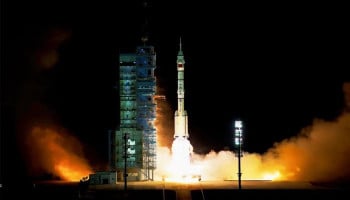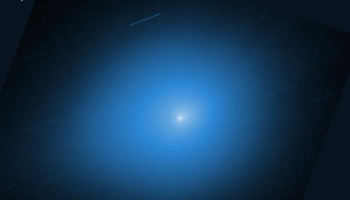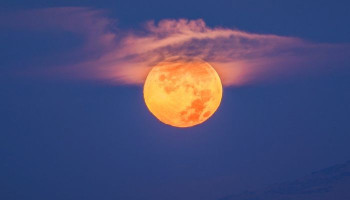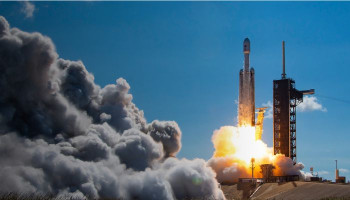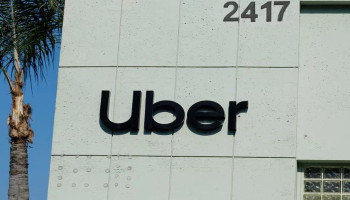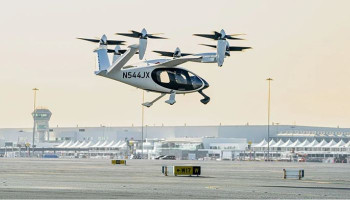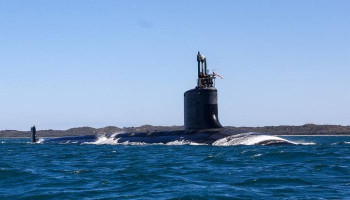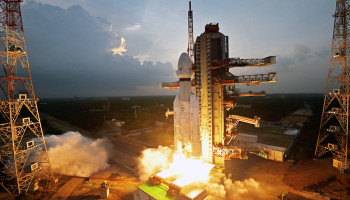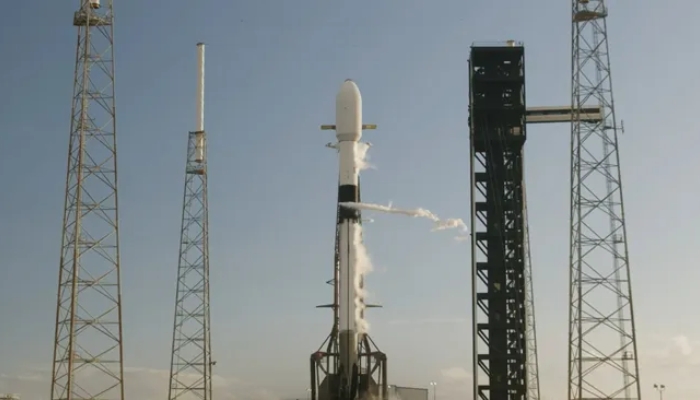
SpaceX was set to launch Falcon 9 rocket consisting of 23 Starlink satellites on Sunday from Space Launch Complex 40 (SLC-40) at Cape Canaveral Space Force Station in Florida, which was cancelled, as one of its rockets grappled an issue. SpaceX started a countdown at two minutes and 36 seconds that seems to be due to a helium leak.
Taking to X (formerly Twitter), during the live broadcast of the previously scheduled launch, a SpaceX team member exclaimed and stated: "Hold, hold, hold. Standing down for helium, stage one."
However, the next launch date has not been scheduled yet to set the mission named “Starlink 6-77”. Moreover, SpaceX has another Falcon 9 rocket launch scheduled for Monday, the CRS-31 robotic resupply flight to the International Space Station (ISS), which is set for 9:29pm EST 0129 GMT on Tuesday (November 5).
Read more: SpaceX Crew-9 astronauts relocate Crew Dragon on ISS — Watch live today
The Starlink 6-77 mission including the other similar Starlink launches is aimed at developing SpaceX's biggest megaconstellation of broadband internet satellites.
It is important to note that SpaceX currently operates near to 6,500 Starlink satellites in orbit and is aiming to launch thousands more. These satellites are efficiently utilised to offer vital communications for the profoundly stricken by the disasters such as Hurricane Helen, and other natural disasters.
However, many astronomers have raised their concerns regarding the evolving Starlink megaconstellation, and others like it, citing a few environmental influences of satellites on astronomy and the optical interference produced by them at night.





